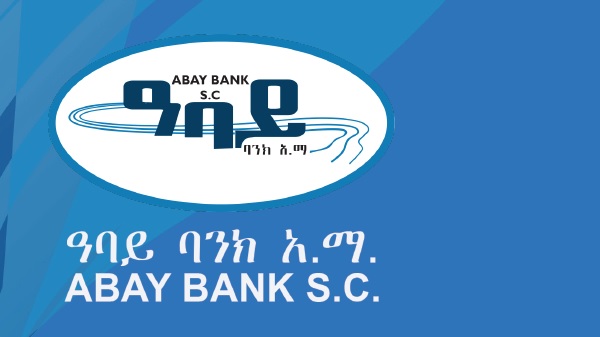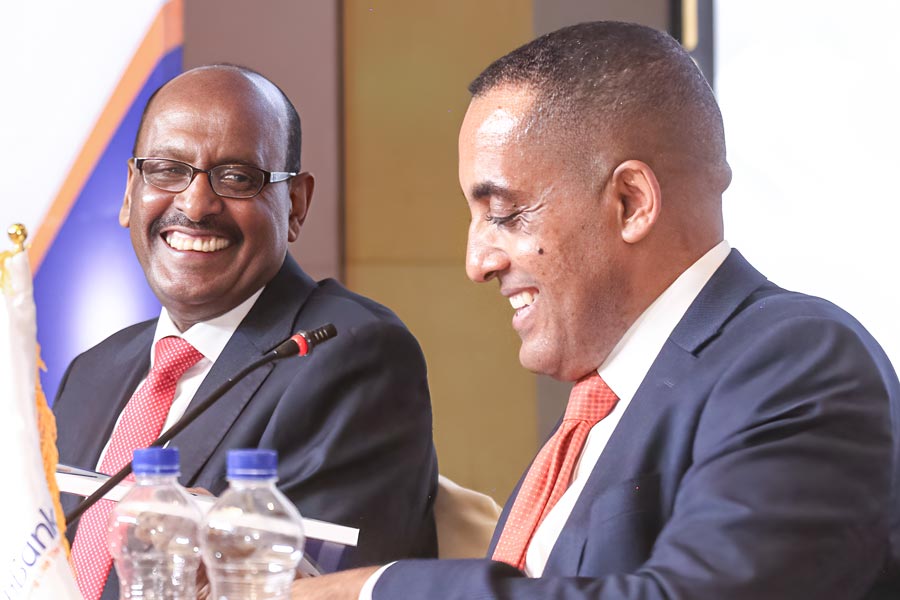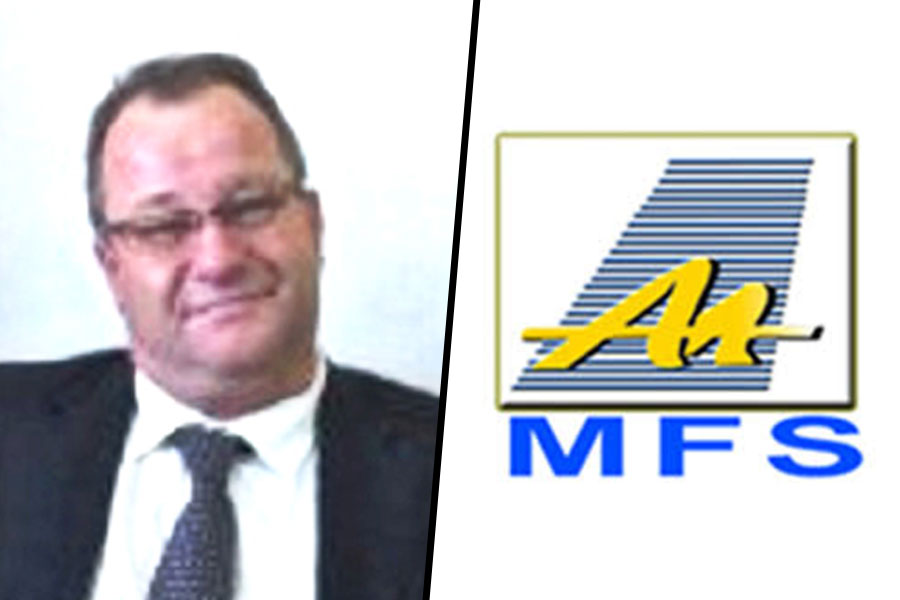
Mar 27 , 2021
By Yehualashet Tamiru Tegegn
The prevailing investor-state dispute settlement system allows multinational corporations to arbitrate a controversy between a corporation and the host country. Unfortunately, it is too time-consuming, costly and even unfair in some cases. It is time to overhaul it, writes Yehualashet Tamiru Tegegn (yehuala5779@gmail.com), adjunct lecturer at Addis Abeba University and an associate at MTA.
From foreign investors’ perspective, the main loophole in the existing customary international law is the lack of a dispute settlement mechanism. As a result, investor-state dispute has become an effective tool to remedy this defect. In various bilateral investment treaties (BITs), it is quite common to find two types of dispute clauses: investor-state and state-state dispute resolving mechanisms.
Investor-state dispute settlement (ISDS) is the legal mechanism that allows multinational corporations a forum other than the court system of the country in which the dispute arose – the host country – to arbitrate a controversy between a corporation and the host country.
ISDS is not a new phenomenon. It is a decades-old mechanism first drawn-up in Europe to enforce rights emanating from international laws without any discrimination between investors. Before incorporating investor-state disputes into treaties, foreign investors were compelled to bring their allegations to domestic courts for arbitration along national laws.
Things changed in the aftermath of WWI in 1919. The International Chamber of Commerce (ICC) was formed with the view that the private sector is the best-qualified institution for global business. Four years later, the Chamber established the International Court of Arbitration (ICA). States were skeptical of using these institutions; nor were they open to the private sector at the outset.
Although efforts were exerted in the League of Nations to extend legal protection for alien property, these never materialised. But the massive expropriation of foreign investors’ property by newly independent countries drove home the need to have a separate global state-investor dispute platform.
The International Centre for Settlement of Investment Disputes Convention was established in 1966, and as of June 2019, it has been ratified by 154 countries. Since then, the Centre has become the principal platform, and the number of caseloads is ever-increasing, partly because of the proliferation of BITs.
Although it provides arbitration and conciliation for any dispute between member states and investors, it also provides similar services for non-members and investors through additional facilitation rules.
There are various criticisms against the existing ISDS. High on the list is a lack of transparency. With the justification that sensitive business information needs to be protected, one integral feature of the investor-state dispute settlement mechanism is confidentiality.
“Their meetings are secret. Their members are generally unknown. The decisions they reach need not be fully disclosed,” reads a New York Timespiece, headlined "Nafta's Powerful Little Secret; Obscure Tribunals Settle Disputes, but Go Too Far, Critics Say." “Yet the way a small group of international tribunal handles disputes between investors and foreign governments has led to national laws being revoked, justice systems questioned and environmental regulations challenged. And it is all in the name of protecting the rights of foreign investors.”
This confidentiality puts a shadow on the legitimacy of the arbitration award, which is paid out of public money: taxes.
Another criticism is the lack of consistency and predictability in arbitration. This is well demonstrated in cases where the arbitral tribunal seat in Stockholm came up with a completely different judgment from another one in London on the same matter. To fuel this problem, the decision of an arbitration award is final and binding – an appeal is not an option.
No less cumbersome is skepticism on the independence and impartiality of arbitrators. With the view to promote arbitration and secure future appointment, some may favour investors over states in state-investor disputes. Moreover, lawyers that act as a counsel in one case can become an arbitrator in another and a professional witness in yet other ones. As a limited number of people have a say over the whole system, the impartiality and independence of arbitration is compromised.
The last but still critical challenges are cost and time. International arbitration is not a cheap process. For instance, to lodge an application before the international dispute settlement Centre, the claimant must pay a non-refundable fee of 25,000 dollars. For any supplement interpretation or re-submission, another non-refundable 10,000 dollars has to be paid. Administrative charges cost 42,000 dollars. When we add the cost of the arbitrator, the expense will go yet higher. On top of this, international arbitration is not fast and quick.
Still, the current prevailing system of investor-state dispute settlement can be reformed. An adjustment that can be made is the promotion of alternate dispute resolution mechanisms to litigation. These could be conciliation, mediation, negotiation and fact-finding. Although these alternatives are not binding, the process and outcome will enhance legitimacy, save time and money, and more importantly help the disputing parties reach a mutually agreeable solution.
Another option is to introduce a global investment court. Until now, there is no single investment court entrusted with resolving investment disputes despite its advantages of improved consistency, predictability and legitimacy – the latter of which by removing the perception that arbitrators are investor-friendly and impartial.
An international court will be perceived to be more legitimate to arbiters in at least three aspects: it is fair and unbiased; the court will interpret the agreement in line with what the law is and what the law should be; and it is more transparent. On top of this, it would make more sense for issues that involve human and labour rights and fiscal policy to be entertained by courts.
No less necessary would be to introduce appeals. One of the criticisms against the existing investor-state dispute settlement system is that even if the arbitrators' decision is patently incorrect and unjustifiable, it is not possible to appeal against the decision. As a result, the likes of the European Union have proposed an appellate body that will have six members: two judges from the European Union, two from the United States and two other persons from another third country or region. Introducing an appeal system will improve international investment law's consistency and unify the existing fragmented system. Anticipating the possibility of this option is a matter of time. For instance, the United States, in the bilateral investment treaties that it signs, provides that if an appellate mechanism is necessary for reviewing awards rendered by investor-state dispute settlement tribunals, institutional arrangements be established to review them.
Limiting investors’ access to the settlement system is also necessary. One mechanism to mitigate the number of cases filed before international arbitration is limiting access. There are different mechanisms for doing this. The first one requires the investor to exhaust all available domestic remedies before resorting to international arbitration. Another is limiting the jurisdiction of international arbitration not to entertain certain matters. Finally, a waiting period should be stipulated so that the investor shall not bring the dispute to international arbitration during this time.
Such safeguards would be critical to addressing the obstacles in the relationship between states and investors.
PUBLISHED ON
Mar 27,2021 [ VOL
21 , NO
1091]


Covid-19 | Apr 04,2020

Editorial | Aug 18,2024

Fortune News | Nov 25,2023

Fortune News | Oct 26,2019

Commentaries | Oct 03,2024

Fortune News | Jan 16,2021

Editorial | Jul 18,2021

Fortune News | Dec 28,2019

Editorial | Jul 31,2021

Fortune News | Feb 08,2020

My Opinion | 131451 Views | Aug 14,2021

My Opinion | 127803 Views | Aug 21,2021

My Opinion | 125784 Views | Sep 10,2021

My Opinion | 123419 Views | Aug 07,2021

Dec 22 , 2024 . By TIZITA SHEWAFERAW
Charged with transforming colossal state-owned enterprises into modern and competitiv...

Aug 18 , 2024 . By AKSAH ITALO
Although predictable Yonas Zerihun's job in the ride-hailing service is not immune to...

Jul 28 , 2024 . By TIZITA SHEWAFERAW
Unhabitual, perhaps too many, Samuel Gebreyohannes, 38, used to occasionally enjoy a couple of beers at breakfast. However, he recently swit...

Jul 13 , 2024 . By AKSAH ITALO
Investors who rely on tractors, trucks, and field vehicles for commuting, transporting commodities, and f...

Jun 28 , 2025
Meseret Damtie, the assertive auditor general, has never been shy about naming names...

Jun 21 , 2025
A well-worn adage says, “Budget is not destiny, but it is direction.” Examining t...

Jun 14 , 2025
Yet again, the Horn of Africa is bracing for trouble. A region already frayed by wars...

Jun 7 , 2025
Few promises shine brighter in Addis Abeba than the pledge of a roof for every family...

Jun 29 , 2025
Addis Abeba's first rains have coincided with a sweeping rise in private school tuition, prompting the city's education...

Jun 29 , 2025 . By BEZAWIT HULUAGER
Central Bank Governor Mamo Mihretu claimed a bold reconfiguration of monetary policy...

Jun 29 , 2025 . By BEZAWIT HULUAGER
The federal government is betting on a sweeping overhaul of the driver licensing regi...

Jun 29 , 2025 . By NAHOM AYELE
Gadaa Bank has listed 1.2 million shares on the Ethiopian Securities Exchange (ESX),...